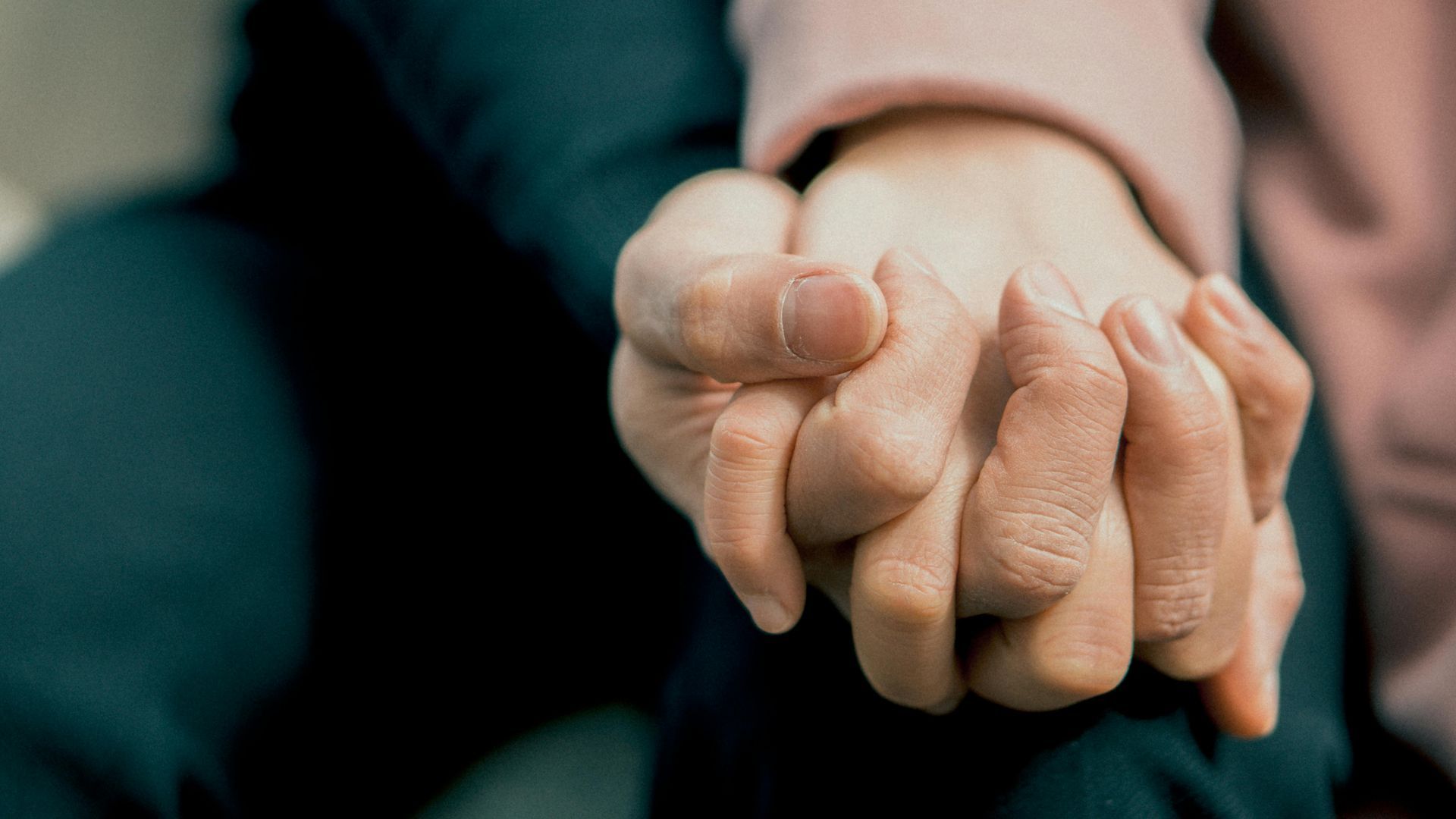How Relationships with Family Members Changes After a Traumatic Brain Injury
How Relationships with Family Members Changes After a Traumatic Brain Injury
So many things happen in the aftermath of a traumatic brain injury that its effect on the relationship often goes unmentioned. All parties involved are so focused on taking care of immediate medical issues that the actual relationships between individuals and families take a back seat. However, it is essential to consider how such relationships can change after a traumatic brain injury and how to mitigate these effects. This is important from both a short and long term perspective.
Feelings of Loneliness
Individuals who have suffered a traumatic brain injury often experience prolonged feelings of loneliness even when family members remain by their side every day. That might seem ironic, but it is the result of an injury that is extremely difficult to deal with. While it is important to remain by the victim’s side, it is also important that you understand what they are going through.
You may discover communication problems start to occur not long after the recovery phase begins. Where you used to be able to together so easily, now even the simplest of conversations become complex and often end up in an argument. This can cause both parties to feel misunderstood, and it contributes to the feeling of loneliness. Understanding this can help you to take a more proactive approach in communicating with a family member who has suffered a traumatic brain injury. At this stage, it is much more critical that you consider their feelings and not yours.
Feelings of Self-Consciousness and Lack of Self-Worth
People who have gone through a traumatic brain injury often begin to feel like their self-worth has been diminished. While you, as the family member, will naturally try to discourage this, these feelings can last for quite some time. For a person who may have been the bread winner in the family to suddenly be relegated to the role of depending on other in the family, that lack of self-worth can be overwhelming at times.
When these feelings start to manifest, it is important to just be there for your loved one. Do not support their contention, but do not last out either. Simply remain consistent in demonstrating your love for the individual no matter what they can or cannot do after the injury. This will go a long way towards forging an even stronger relationship with one another in the future.
No Energy Left
It is also important to understand that many traumatic brain injury victims simply do not have the energy to nurture relationships. They are tired and often just want to be left alone. While you must balance your need to be with them to help them with their recovery, you will also want to respect their space.
It is hard to deal with the aftermath of a brain injury. The rehabilitation process alone takes a lot out of even the strongest of people. This can really put a strain on relationships if you are used to the other person being there for you. This is your time to be strong and give them space. They are dealing with things that you cannot even imagine. Just being there when they need you is the best that you can do. The rest will begin to take care of itself over time and as the realization of having to live the injury sets in.
Wrap-Up
Relationships are vital to any family. While a traumatic brain injury can alter the landscape of these relationships, how you deal with that speaks volumes. It is important to be patient and consider the feelings of the person who is suffering from the injury first. It isn’t easy to understand what they are going through, so you just need to be there for them. Do not be afraid to seek out help and work through any issues that come up over time.
Recent Posts
- Proving Eligibility: Securing Worker’s Compensation After a Traumatic Brain Injury
- Navigating Life after Traumatic Brain Injury: Effective Symptom Management Strategies
- Navigating the Academic Journey: A Guide for Military Veterans with Traumatic Brain Injuries
- Protecting Developing Brains: Tips for Preventing Traumatic Brain Injuries in Children
- Students with TBI and the Education Process






All Rights Reserved | Flourish Supportive Living | By Digital Marketing Dude Website Development Westminster CO







